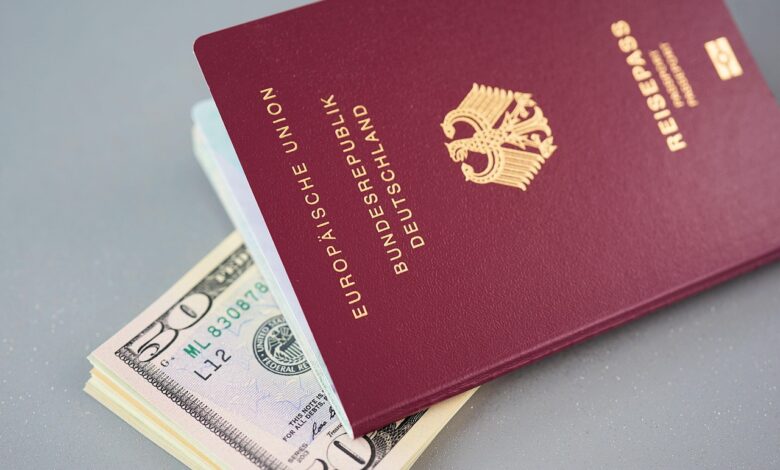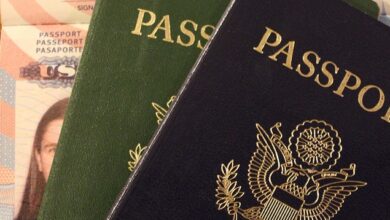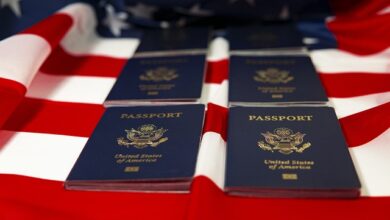Can You Lose Dutch Citizenship?

Dutch citizenship is a significant legal status that grants individuals the rights and privileges associated with being a citizen of the Netherlands. However, like many countries, the Netherlands has specific laws governing how and when someone can lose their citizenship. Understanding these rules is essential for anyone holding or considering applying for Dutch nationality. Below, we will explore the circumstances under which Dutch citizenship can be lost, as well as the procedures involved.
1. Overview of Dutch Citizenship
The Dutch government recognizes two primary ways to acquire citizenship: jus sanguinis (citizenship by descent) and jus soli (citizenship by birth on Dutch soil). Additionally, individuals can become Dutch citizens through naturalization or adoption. Once granted, Dutch citizenship typically provides lifelong benefits, including access to EU rights, voting privileges, and social services. However, there are scenarios where citizenship can be revoked or forfeited.
2. Grounds for Losing Dutch Citizenship
A. Voluntary Renunciation
One of the most common reasons for losing Dutch citizenship is voluntary renunciation. If a Dutch citizen decides to give up their nationality, they must formally apply to do so through the Dutch authorities. This process usually involves submitting an application to the Ministry of Foreign Affairs, along with proof of acquiring another nationality, as the Netherlands generally requires dual citizens to choose one nationality if they wish to renounce their Dutch citizenship.
- Key Consideration : The Dutch government may deny a request for renunciation if the individual lacks another nationality or if renouncing would leave them stateless.
B. Automatic Loss Due to Dual Citizenship
The Netherlands has historically discouraged dual citizenship but has relaxed its stance in recent years. Nevertheless, certain conditions still apply:
- A Dutch citizen who voluntarily acquires another nationality without prior permission from the Dutch government may automatically lose their Dutch citizenship.
- Exceptions exist for those born with dual nationality (e.g., children born to Dutch parents abroad) or individuals who acquire another nationality due to marriage or other unavoidable circumstances.
C. Revocation for Fraud or Misrepresentation
If it is discovered that a person obtained Dutch citizenship through fraudulent means—such as providing false information during the naturalization process—their citizenship can be revoked. This action is retroactive, meaning the individual reverts to their previous status before becoming a Dutch citizen.
D. National Security Concerns
In rare cases, the Dutch government may revoke citizenship on grounds of national security. For example:
- Engaging in terrorist activities or fighting for foreign militant groups.
- Committing serious crimes against the interests of the Netherlands or the international community.
Such revocations are subject to strict legal scrutiny and require approval from the Minister of Justice and Security.
E. Failure to Meet Residency Requirements
While not a common reason, prolonged absence from the Netherlands without maintaining ties to the country could lead to loss of citizenship in specific situations. For instance:
- Children of Dutch citizens who grow up abroad and fail to demonstrate a connection to the Netherlands may lose their citizenship upon reaching adulthood.
- Naturalized citizens who abandon residency in the Netherlands shortly after gaining citizenship might face scrutiny, though this is uncommon.
3. Procedures for Losing Citizenship
A. Renunciation Process
To renounce Dutch citizenship, follow these steps:
- Submit an official application to the Ministry of Foreign Affairs.
- Provide documentation proving you have acquired another nationality.
- Pay the required fee (approximately €258 as of 2023).
- Await approval, which may take several months.
B. Revocation Process
Revoking citizenship due to fraud, criminal activity, or national security concerns follows a formal legal procedure:
- The government initiates an investigation into the individual’s actions.
- Evidence is presented to justify revocation.
- The decision is reviewed by judicial authorities to ensure compliance with human rights standards.
- If approved, the individual loses their Dutch citizenship, potentially becoming stateless unless they hold another nationality.
4. Special Cases and Exceptions
A. Children Born Abroad
Children born to Dutch parents outside the Netherlands may retain their citizenship only if at least one parent is also a Dutch citizen. If neither parent holds Dutch citizenship, the child may lose their claim to Dutch nationality.
B. Stateless Individuals
The Netherlands adheres to international agreements aimed at preventing statelessness. As such, the government cannot strip someone of their Dutch citizenship if doing so would render them stateless.
C. Dual Citizens
Since 2019, the Netherlands has allowed more flexibility regarding dual citizenship. Certain groups, such as refugees, former colonial subjects, and victims of forced marriages, are exempt from the requirement to choose between nationalities.



